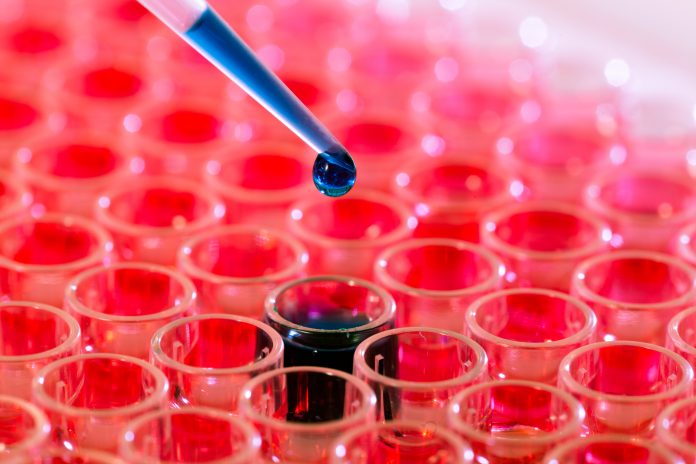Researchers at the University of Chicago are believed to be one step closer in the development of blood tests to identify depression
Led by Mark Rasenick, research to identify bio-markers in human platelets that track the progression and extent of depression has been identified. This research is building of past studies into the theory that depression is consistent with decreased adenylyl cyclase — a small molecule inside the cell that is made in response to neurotransmitters such as serotonin.
“When you are depressed, adenylyl cyclase is low. The reason adenylyl cyclase is attenuated is that the intermediary protein that allows the neurotransmitter to make the adenylyl cyclase, Gs alpha, is stuck in a cholesterol-rich matrix of the membrane — a lipid raft – where they don’t work very well,” said Rasenick.
The new study titled “A Novel Peripheral Biomarker for Depression and Antidepressant Response,” was published in Molecular Psychiatry and has successfully identified the cellular biomarker for translocation of Gs alpha from lipid rafts and has shown that the biomarker can be identified through a blood test.
This test will not only be able to indicate is a person is suffering from depression but “it can also indicate therapeutic response with a single biomarker, and that is something that has not existed to date,” according to Rasenick.
How important is this research?
Researchers believe that in the wake of these discoveries, future scientists and doctors will be able to use this importation to track whether antidepressant therapies are working correctly even as soon as one week after beginning treatment.
According to the study and previous research in the field, when patient have shown improvement in their depressive symptoms, Gs alpha was out of the lipid life raft, however in patients who showed no improvement in their symptoms, their Gs alpha was still stuck in the raft – meaning having antidepressants in the bloodstream was not good enough to improve symptoms.
With the help of this study from the University of Chicago a blood test may be able to show whether the Gs alpha was out of the lipid raft after one week, meaning alternative treatments can be offered far more quickly without waiting for months to see possible changes.
“Because platelets turn over in one week, you would see a change in people who were going to get better. You’d be able to see the biomarker that should presage successful treatment,” Rasenick said.
According to Rasenick “most depression is diagnosed in primary care doctor’s offices where they don’t have sophisticated screening. With this test, a doctor could say, ‘Gee, they look like they are depressed, but their blood doesn’t tell us they are. So, maybe we need to re-examine this.”
Working with his company, Pax Neuroscience, Rasenick aims to develop the screening test after further research.
This research was supported by the National Institutes of Health (R43MH097370, R41MH113398) and U.S. Department of Veterans Affairs (BX00149).











